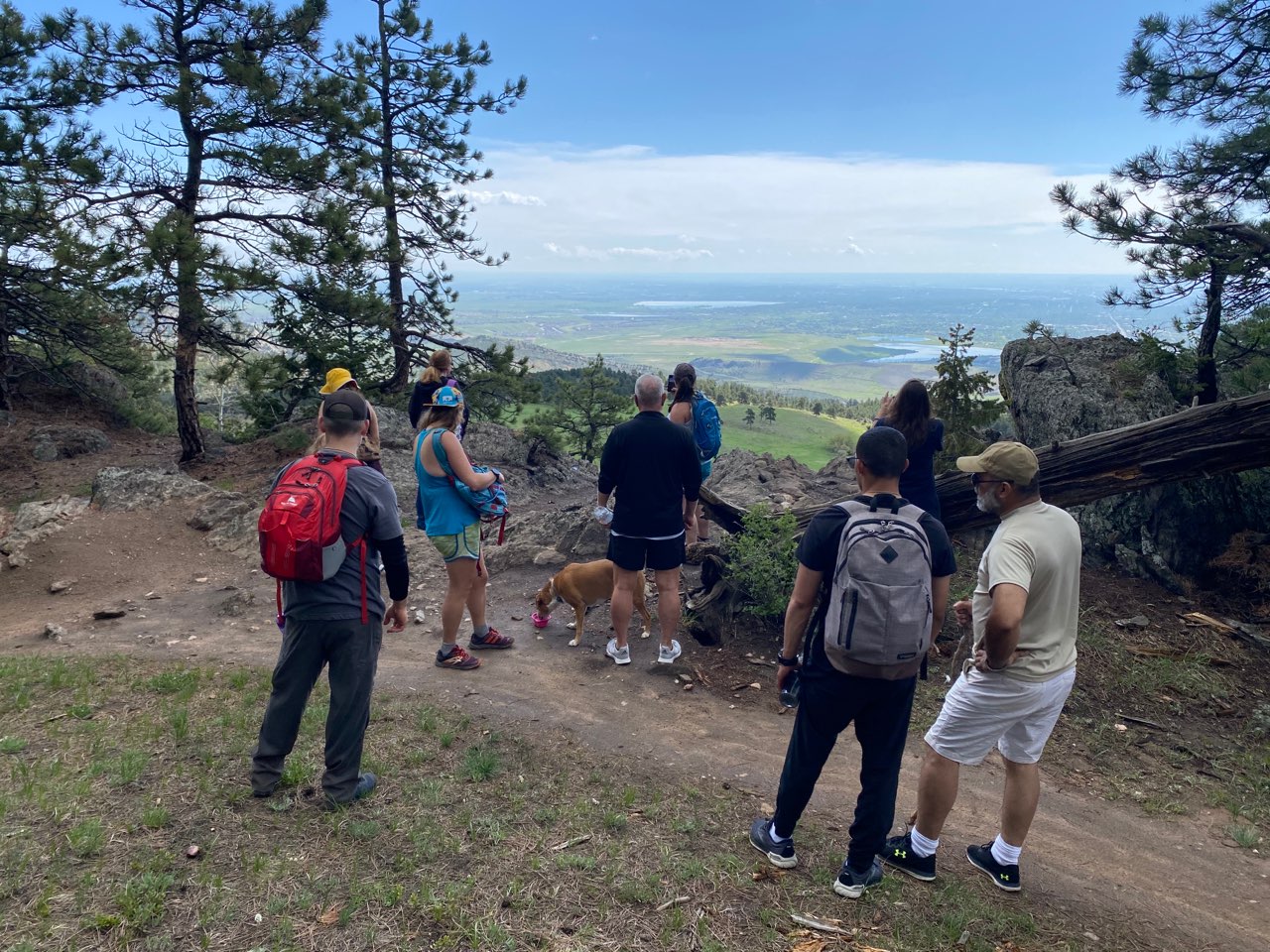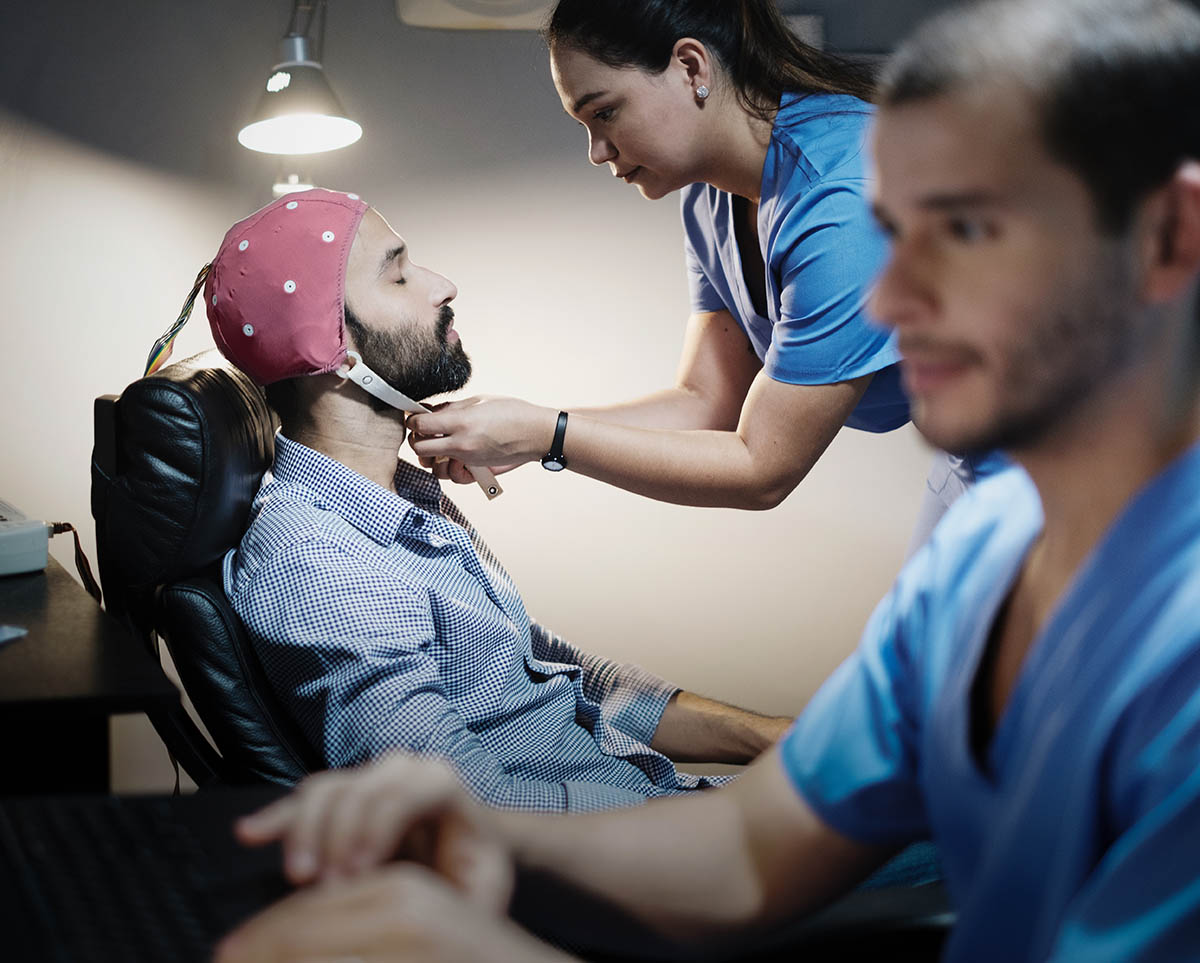When someone seeks out therapy or counseling for addiction, there are many options to choose from. Who delivers it, how it’s accessed, and how it’s approached all differ depending on the type of therapy a person seeks out. If one-on-one counseling is the person’s choice, it is often helpful to know what to expect during the individual therapy process. Learn more about individual therapy in Colorado by calling Colorado Medication Assisted Recovery today at 833.448.0127.
What Is Individual Therapy?
Individual therapy is a type of counseling that is also commonly referred to as psychotherapy or talk therapy. Trained mental health professionals deliver treatment in a safe, confidential, one-on-one setting. During this time, clients can explore their feelings and identify areas that may need work, including beliefs, behaviors, memory influences, or addictions. The overall goal of this type of therapy is to help the client talk through mental health concerns so that they can heal and move toward a healthier life.
Why Choose an Individual Therapy Program?
Psychotherapy has been shown to result in fewer relapses related to common conditions such as moderate anxiety and depression. The right kind of therapy can have long-lasting positive effects. Oftentimes, individual therapy is more effective than rehabilitation drugs or medical treatments alone, and techniques such as cognitive-behavioral therapy (CBT) and dialectical behavior therapy (DBT) are evidence-based, providing further backing to their effectiveness.
The individual therapy process is known to have the following benefits:
- Effective for all ages
- Continued progress after treatment is completed
- Potential reduction of the need for medical intervention
- Fewer side effects than with the use of rehabilitative drugs
- It may improve the daily functioning of those with mental health disorders
- Effective in addressing multiple issues
Individuals entering individual therapy will often be assessed for current symptoms and mental health history. These measures help therapists sculpt effective therapy plans that address relevant concerns.
Types of Individual Therapy
Because each therapist approaches their counseling sessions differently depending on the client’s needs, it can be helpful to understand each type. Some of the most common types of individual therapy include:
- Cognitive-behavioral therapy (CBT)
- Dialectical behavior therapy (DBT)
- Eye movement desensitization and reprocessing (EMDR)
- Mindfulness-based cognitive therapy (MBCT)
- Existential therapy
- Solution-focused therapy
- Motivational interviewing
- Psychodynamic therapy
Each type of therapy modality will provide unique benefits to those who engage in them. However, some common therapy methods have proven effective for most people.
Three Common Individual Therapies
The main three used in most individual therapy sessions are CBT, DBT, and EMDR.
CBT
Cognitive-behavioral therapy is a process that works to assess how a person thinks and behaves to improve the way they feel. It is most helpful for mood disorders, substance use disorders, and sleep disorders. Because of this, it is often the individual therapy method used for those with co-occurring conditions.
DBT
As a newer form of therapy, dialectical behavior therapy helps clients build healthy coping skills. Mindfulness, stress tolerance, and emotional regulation are commonly used during the process.
EMDR
Eye movement desensitization and reprocessing is most commonly used to treat trauma and related disorders. In this process, bilateral stimulation is used to process and remove physical and psychological blockages.
What to Expect During an Individual Therapy Program
Individual therapy is different for each patient. The goals, frequency, duration, and techniques will depend on the client and even the therapist’s preference. Most sessions last between 45 and 50 minutes, occur at least once a week, and last as long as it takes to resolve the issues present.
Psychotherapy begins after the client and therapist determine that it will be the most beneficial option. Afterward, forms to protect patient privacy and share clinical history are typically filled out. Often, the first appointment is used to discuss concerns, history, and goals so that the client and therapist can be on the same page. Through repeated sessions, the therapist and client can build trust and deepen the relationship to cover more ground toward recovery.
How Long Are Individual Therapy Plans?
Depending on the needs of the individual, therapy plans can range from a few weeks to months or even years. The duration of the individual therapy process usually depends on how long it takes for the individual to reach their treatment goals or objectives. However, many individuals find that having ongoing therapy is beneficial as they work through life’s challenges and continue making progress in recovery.
Many people in a rehab setting will engage with their therapist for as long as they are in treatment. This allows them to address any comorbid conditions they may have and work on their triggers, emotions, and feelings to build a foundation for successful recovery.
Choose Colorado Medication Assisted Recovery for Your Individual Therapy Needs
When it comes time for individual therapy, Colorado Medication Assisted Recovery can help. We work toward a complete recovery for clients who benefit from our highly accessible options, including remote telehealth, outpatient programs, and neuro-feedback. Visit our website or contact us at [Direct] for more information.







 For those in recovery from addiction, finding new healthy hobbies should be a priority. Addiction can cause physical and mental health issues that different activities can help participants recover from. Additionally, addiction can be isolating. Those who are
For those in recovery from addiction, finding new healthy hobbies should be a priority. Addiction can cause physical and mental health issues that different activities can help participants recover from. Additionally, addiction can be isolating. Those who are 


















